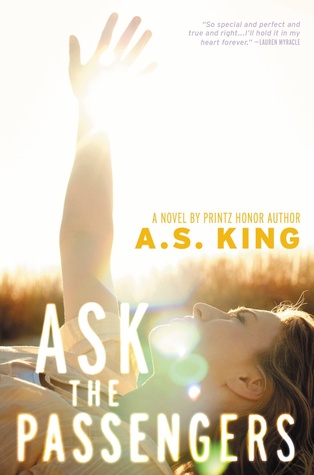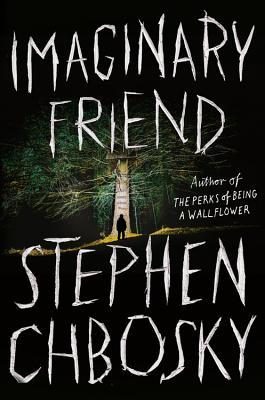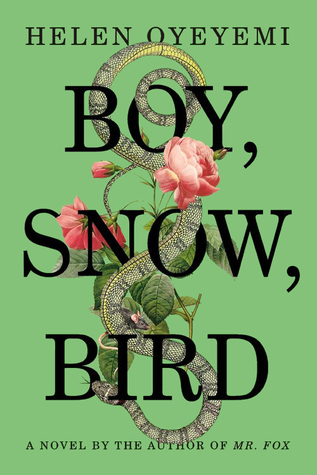
Summary [courtesy of Goodreads]: Astrid Jones desperately wants to confide in someone, but her mother’s pushiness and her father’s lack of interest tell her they’re the last people she can trust. Instead, Astrid spends hours lying on the backyard picnic table watching airplanes fly overhead. She doesn’t know the passengers inside, but they’re the only people who won’t judge her when she asks them her most personal questions–like what it means that she’s falling in love with a girl. As her secret relationship becomes more intense and her friends demand answers, Astrid has nowhere left to turn. She can’t share the truth with anyone except the people at thirty thousand feet, and they don’t even know she’s there. But little does Astrid know just how much even the tiniest connection will affect these strangers’ lives–and her own–for the better.
After reading the weird and wonderful Dig, I had high hopes for A. S. King’s backlist. I was even planning to do a full series on her books. But then I reached this one and…couldn’t get past page 30. For one thing, this is more of a straightforward YA contemporary than Dig (or even her middle grade The Year We Fell From Space), despite it’s slightly fantastical premise, and that’s not my genre at all. And while I went into the novel with a higher tolerance for the “sending love to airplane passengers overhead” core idea than I otherwise would have had I not read Dig, it still seemed a bit cringy and somewhat trite in the part that I read and the remainder that I skimmed.
My main issue with the book, though–the thing that made it impossible to fully read past the first few chapters–was just how miserable main character Astrid’s town and family were. It seemed almost like an exercise in misery porn, which is ironic considering how dark a lot of Dig was. Now, I’m sure the novel is way more than this, but it put me off so thoroughly that I couldn’t go further. So many people were mean, mean-spirited, and bigoted in her small town, in a way that seemed slightly anachronistic for 2012, but maybe I’m just lucky, privileged, and sheltered.
More than the townspeople and Astrid’s shitty (SHITTY) friends, though, her mother’s characterization broke me. This woman is so irredeemably dreadful that I felt like I was reading a fairy tale when she was on the page. And Astrid hates her with the fire of a thousand suns (which I guess is better than being constantly gaslit through unreciprocated love). I mean, this is a character whose introductory chapter is titled, “The Horse Who Lives Upstairs,” referring to her penchant for wearing high heels to work WHEN SHE WORKS FROM HOME. It’s meant to illustrate both Astrid’s distaste for her mother as well as her mother’s shallow performativity, but it also came across as kinda misogynistic? The rest of her mother’s behavior is reprehensible, from her very bizarre fake/performative love of small towns to her attitude toward her daughter, but this part seemed…off. I didn’t love it, and I didn’t want to stay any longer than I already had in this world, with these characters.


